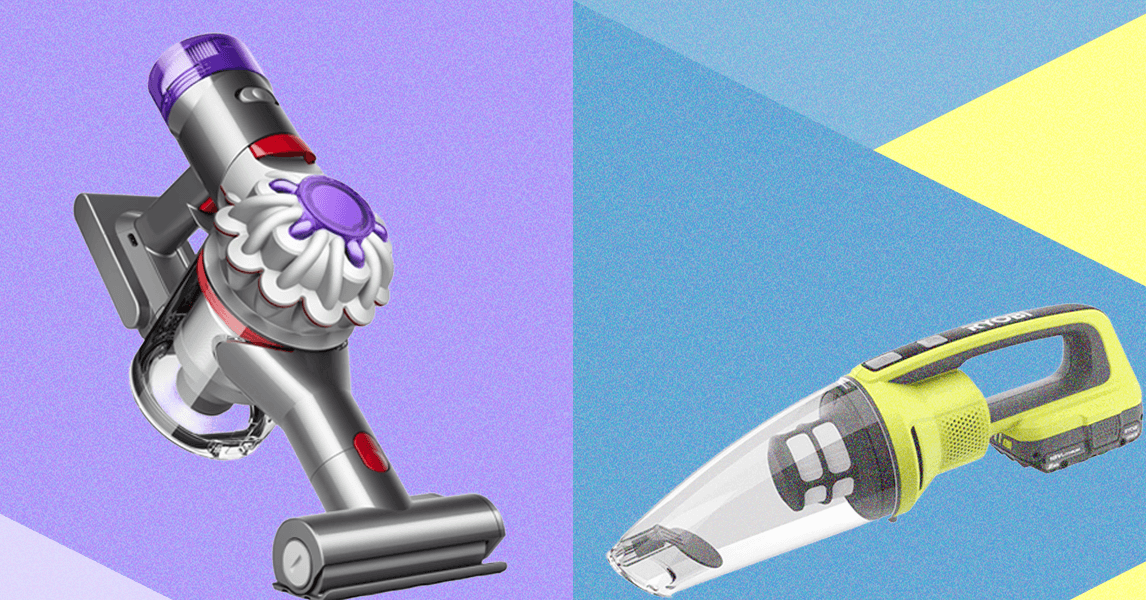
Those over-the-counter medications are effective in treating occasional tension headaches, says Rima Dafer, MD, a stroke and headache specialist at the Rush University Medical Center in Chicago.
But ibuprofen is considered more effective and safer than acetaminophen and aspirin, according to a meta-analysis published in the Annals of Medicine in May this year.
Aspirin and acetaminophen seem to work the same for tension-type headaches, while ibuprofen appears to be superior to both, says Lauren Natbony, MD, founder and medical director of Integrative Headache Medicine of New York.
In a study comparing 200 mg of ibuprofen to 500 mg of aspirin, ibuprofen was more effective in decreasing headache intensity one hour after treatment. (The study, it’s worth noting, was unpublished and funded by the pharmaceutical company Bayer.) In a different study comparing ibuprofen with acetaminophen, people who took 400 mg of ibuprofen had better and faster pain relief than those who took 1,000 mg of acetaminophen.
That said, you should also consider the symptoms of your headache when deciding which medication to take. For instance, those with neck pain or tension may do better with ibuprofen because it has anti-inflammatory effects that may help to relieve some of it, says Huma Sheikh, MD, an assistant professor at Mount Sinai Beth Israel, a New York City teaching hospital.
But if you’re unable to take nonsteroidal anti-inflammatory drugs (NSAIDs) such as ibuprofen and aspirin, consider acetaminophen instead. In addition to treating episodic tension-type headaches, acetaminophen can also be used as a pain relief medication for headaches due to viral infections, Dafer says.









